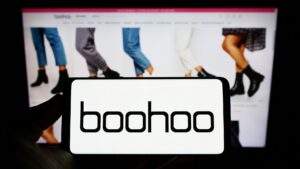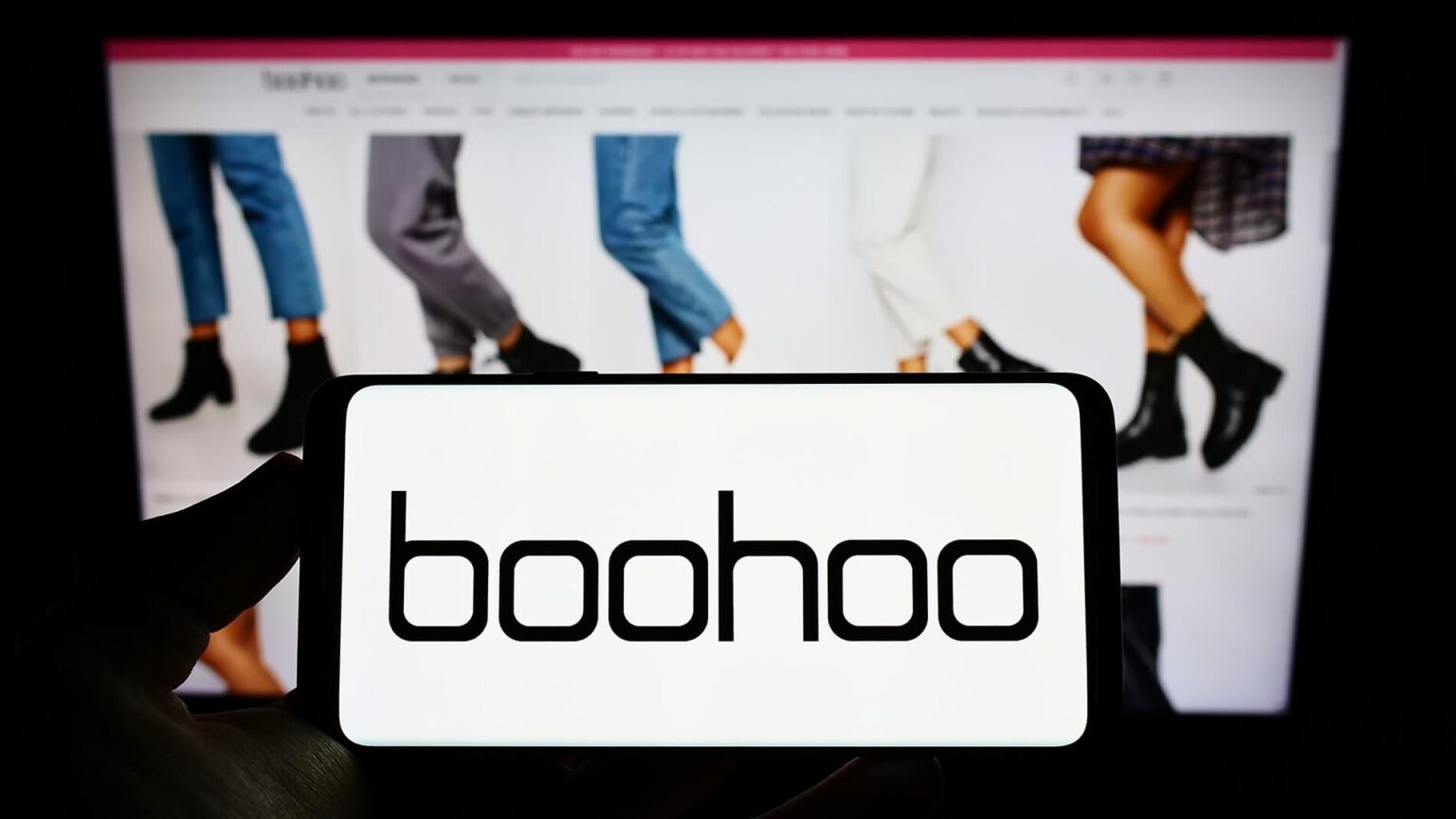2024 has been nothing short of chaotic for Boohoo.
From increasing losses, plans to spin off its brands and struggling to keep up with competitors, Boohoo has been grappling with challenges left and right.
But over the past month, Boohoo’s name has repeatedly hit the headlines for another issue – its ongoing dispute with Frasers Group.
Frasers is Boohoo’s largest shareholder, with a 27% stake in the company. But the relationship between the two has been seriously rocky lately, with tensions brewing over strategic decisions, management direction and Boohoo’s recent struggles in the market.
Here’s the lowdown on the conflict, and what small businesses can learn about navigating solid partnerships, even when the going gets tough.
John Lyttle exits Boohoo, Mike Ashley is pitched as new CEO
In October, former CEO of Boohoo John Lyttle announced that he would be stepping down from his role at the company, following a £222 million debt refinancing agreement with its banking partners.
Shortly after Lyttle’s departure, Frasers proposed that Mike Ashley be appointed as director and CEO of the company.
In an open letter, Frasers wrote that Lyttle’s resignation “creates a leadership void and is an impediment on Boohoo’s return to growth.”
“There is no stronger candidate for CEO who has the experience and abilities of Mr Ashley and who is in a position to replace Mr Lyttle as soon as possible,”
The letter also added that Boohoo had a “total lack of willingness to consider alternatives” and that the company had failed to “meaningfully engage” with its largest stakeholder.
Boohoo rejects Mike Ashley, appoints ex-Debenhams boss as CEO
However, Frasers’ proposal for appointing Ashley as CEO didn’t get the response that was hoped for.
Instead, Boohoo shared governance concerns over Ashley’s possible involvement with the board.
Boohoo stated: “Whilst the board remains willing to discuss board representation with Frasers in a constructive manner, it has been clear with Frasers that before any appointment can be made, appropriate governance will be required to protect the company’s commercial position and the interests of other shareholders.”
At the beginning of November, Boohoo announced it had appointed Dan Finley as the company’s CEO, who previously worked as the Debenhams CEO and as Group Multichannel Director at JD Sports.
Frasers demand approval on brand break-up
Following this latest development, Ashley slammed Boohoo for its “utter disregard” of shareholder views and demanded that shareholders get approval before the group sells any of its assets – including the speculated break up of Boohoo’s brands, such as Debenhams, Karen Millen and Pretty Little Thing.
An open letter read: “The directors have pushed Boohoo into terrible refinancing while refusing to engage properly with Frasers on it. They have then rushed out a CEO appointment to try and block the say of shareholders. This has to stop. What will they try next? Desperate people do desperate things.”
Frasers also set up the Boohoo Deserves Better website, which was created for Boohoo’s shareholders to provide information about “Frasers’ solution to Boohoo’s leadership crisis”.
Boohoo hit back at these demands, accusing Frasers of using its stake in the company to promote its own “commercial self-interest”. It also argued that its holdings in competitors like ASOS and House of Fraser make it impossible for the business to act as an “independent shareholder”.
Boohoo excludes Frasers from board meetings, pleads with investors to reject Mike Ashley
According to The Times, Boohoo’s new CEO was reported to be planning a meeting with the company’s largest shareholders in the next week but had excluded Frasers from the meeting.
Shortly after this revelation, Boohoo reportedly urged its investors to vote against Ashley’s demands to join the retailer’s board, claiming he was conflicted and “not suitable” for the role.
Around this time, its half-year results for the six months ending in August 2024 revealed a decline in revenue by 15%, while pre-tax losses increased significantly from £36.6 million to £147.3 million.
The importance of forging the right partnerships for small businesses
The ongoing drama between Boohoo and Frasers Group proves just how critical getting partnerships right is in business – and how quickly things can go wrong without trust, teamwork and clear communication. Shared organisational culture and core values can also be crucial.
When partners have different ways of working, it’s almost guaranteed to cause problems. For example, if one company culture type is open and collaborative which means decision-making may take longer but the other partner favours a hierarchical approach for rapid action, conflicts are bound to happen. For startups and SMEs, the stakes may be smaller in scale, but the lessons are just as relevant.
1. Transparency is key: Issues arise when one party feels left in the dark or excluded from key decisions. That’s why it’s important to keep communication open and honest for everyone involved. For example, through regular updates and team meetings, sharing important data and performance metrics openly, communicating decision-making processes and timely responses to concerns.
2. Shared goals matter: Aligning on a shared vision from the start helps prevent disagreements down the line. Businesses should establish their mission clearly, including what they hope to achieve and how they plan to get there. They should also establish specific, measurable goals via OKRs and KPIs and regularly review them to ensure everyone is aligned and make changes if needed.
3. Address issues early: Small businesses can’t afford prolonged disputes, so they should address concerns directly and quickly to avoid any misunderstandings escalating into major problems. For example, if a supplier’s delivery is delayed, businesses should immediately communicate with them to understand the cause and discuss how to resolve the issue, rather than waiting until it affects customers.





